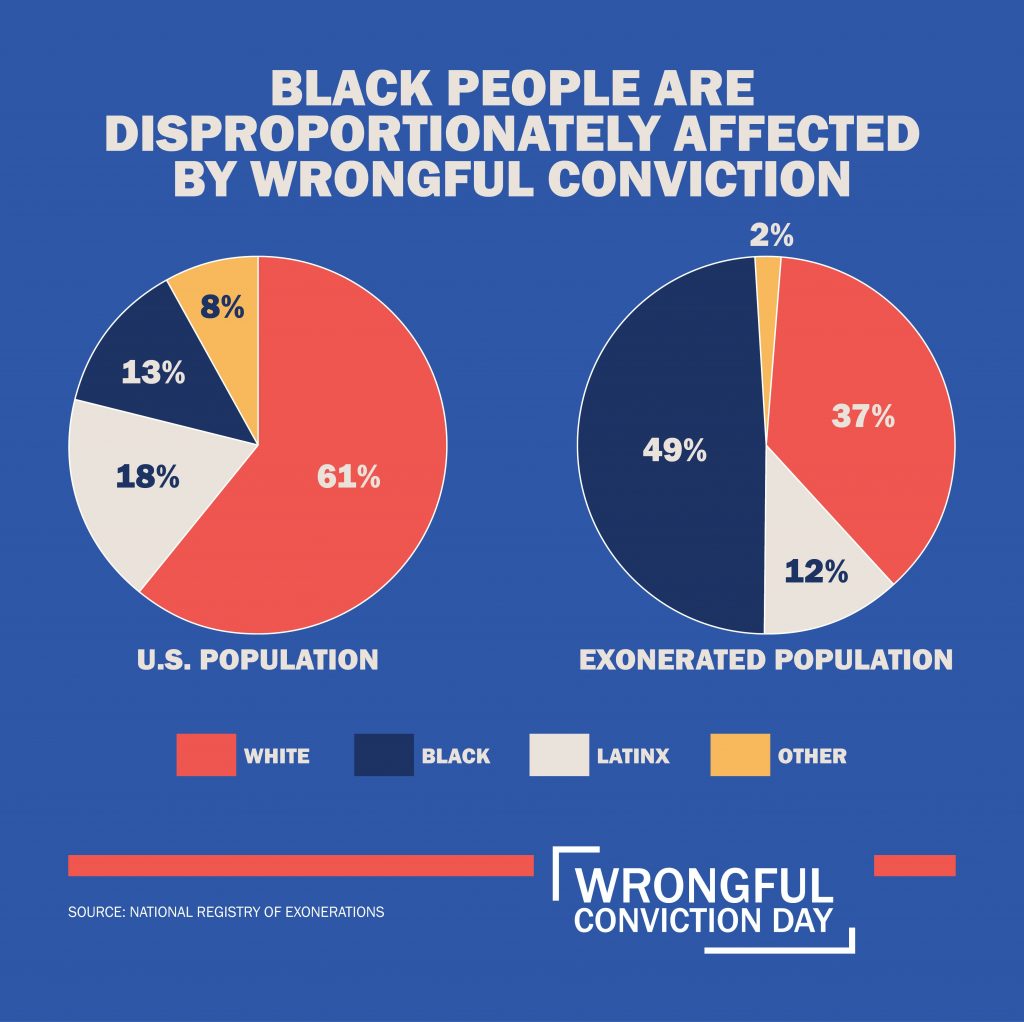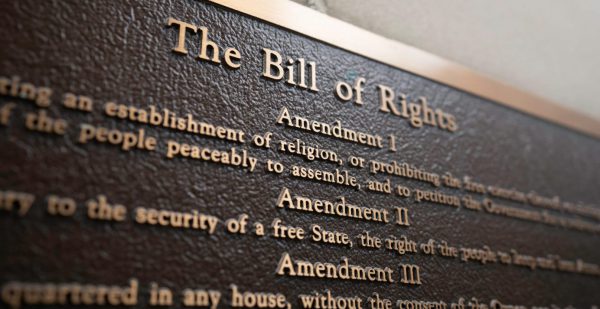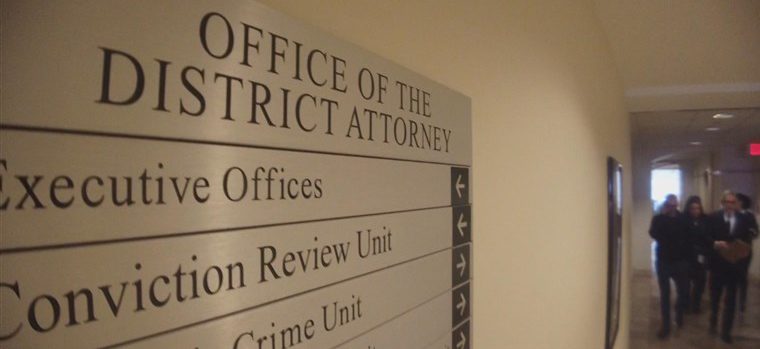Wrongful convictions are much more prevalent than most Americans realize or wish to admit. For far too long, the public has been more concerned with a guilty person going free rather than an innocent one locked away. As of September 2020, the National Registry of Exonerations documents 2,667 exonerations in the US from 1989 to the present. In total, these wrongfully convicted individuals lost more than 23,952 years of life. The failures of prosecutors (and trial judges) resulting in wrongful convictions cannot be overstated and are egregious miscarriages of justice in the criminal legal system.
There is a tremendous need for prosecutorial self-examination. Even where there is no intentional wrongdoing, prosecutors are going to make mistakes. These mistakes cost lives. In addition to errors, however, is widespread prosecutorial misconduct including the failure to disclose exculpatory evidence, manipulation of witness testimony, abuse of power especially in the plea bargain process. When there is no accountability for errors and wrongdoing, the rights of individuals get violated with impunity.
Justice demands a process to correct errors of such magnitude that people lose years of liberty and sometimes life itself. Conviction Integrity Units (CIUs) are one way to provide a check on both the mistakes and misconduct that steal lives. CIUs are a form of institutional quality control to atch and correct its own errors.
Read more about this issue.
What’s at Stake
Errors in the criminal justice system have devastating consequences for the person incarcerated and their families and communities. Convicting an innocent person and sentencing them to a prolonged prison sentence—even death—is perhaps the most dramatic example of failure in any criminal justice system. Errors in the system are inevitable and frequent, correcting them must be as well.
The post-conviction review process through the court system is arduous and stacked against defendants. Procedural roadblocks like statutes of limitations can stop a wrongfully convicted individual in their tracks, thwarting any hope they have for release.


What Needs to Change
District Attorneys’ offices must make establishing CIUs a priority. Despite the significant and proven gains CIUs offer, they remain rare: only about 1.5% of prosecutor offices currently have CIUs. Establishing conviction integrity and other case review units promote internal accountability and increased transparency.
Systemic weaknesses that fail to protect against individual errors or misconduct or, worse, incentivize them, can be uncovered by CIUs. This increases accuracy in future cases as prosecutor offices learn from the mistakes uncovered through reviews.
The Legal Defense Fund calls on District Attorneys to immediately establish, fully fund, and sufficiently empower Conviction Integrity Units in their offices.

How You Can Help
You can demand that your local chief prosecutor establish a CIU to review past cases for wrongful convictions and prosecutorial misconduct. Working with your local innocence organization and other similar civic groups is a great way to join the movement to end wrongful convictions. Educate yourself and others about this important work and help ensure innocent individuals don’t suffer the ills of unjust criminal prosecution.



